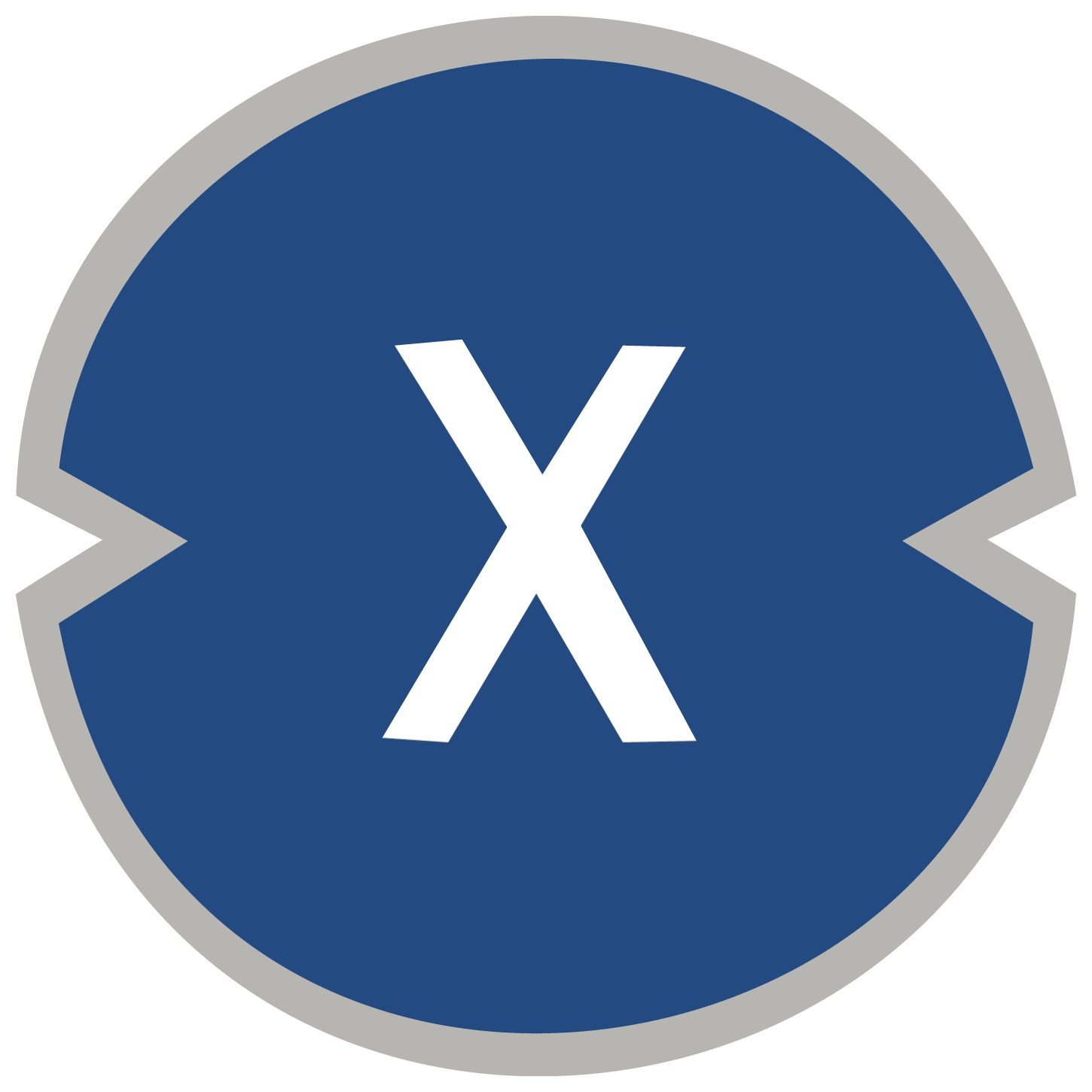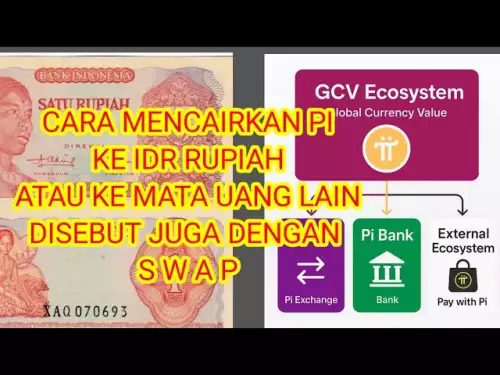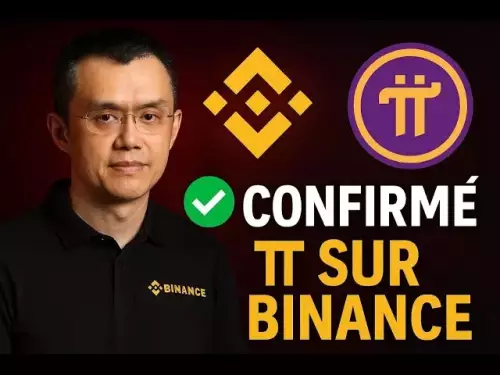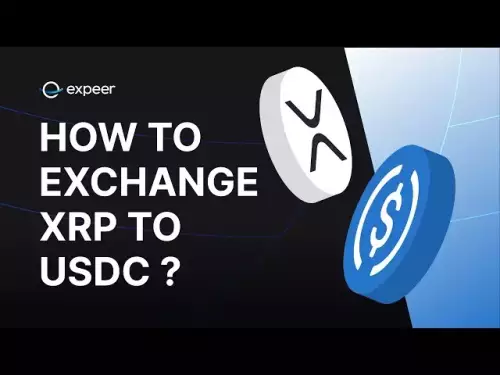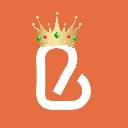-
 bitcoin
bitcoin $112715.707551 USD
-1.71% -
 ethereum
ethereum $4101.475385 USD
-3.01% -
 tether
tether $1.000644 USD
-0.02% -
 bnb
bnb $1207.619465 USD
-6.77% -
 xrp
xrp $2.501451 USD
-3.98% -
 solana
solana $202.947124 USD
-3.32% -
 usd-coin
usd-coin $1.000295 USD
0.04% -
 dogecoin
dogecoin $0.203884 USD
-4.47% -
 tron
tron $0.317154 USD
-1.72% -
 cardano
cardano $0.695009 USD
-4.43% -
 hyperliquid
hyperliquid $38.853961 USD
-8.23% -
 chainlink
chainlink $18.988674 USD
-4.64% -
 ethena-usde
ethena-usde $1.000233 USD
-0.03% -
 stellar
stellar $0.337050 USD
-3.63% -
 bitcoin-cash
bitcoin-cash $536.861728 USD
-1.28%
What is the concept of decentralized autonomous organization DAO?
DAOs operate on blockchains using smart contracts for transparent, automated governance, eliminating central authority and fostering community-driven decision-making.
Mar 31, 2025 at 08:28 pm
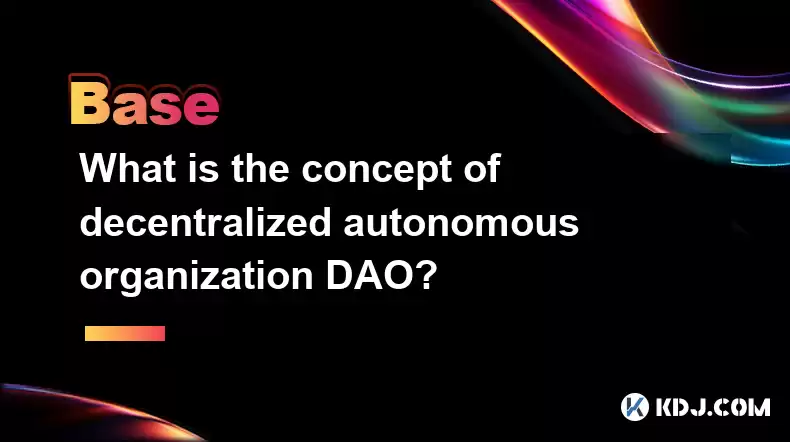
Understanding Decentralized Autonomous Organizations (DAOs)
A Decentralized Autonomous Organization (DAO) is a community-led entity that operates on a blockchain, governed by rules encoded as smart contracts. This eliminates the need for a central authority, instead distributing power among its members. DAOs leverage smart contracts to automate decision-making processes, making them transparent, secure, and efficient. Unlike traditional organizations, DAOs don't have a central leadership structure, fostering a more democratic and participatory environment. Membership is often determined by token ownership, providing voting rights proportional to holdings.
How DAOs Function: The Mechanics of Decentralization
The core functionality of a DAO revolves around its smart contracts. These self-executing contracts define the organization's rules, including membership criteria, voting mechanisms, and treasury management. Smart contracts automate processes, ensuring transparency and preventing manipulation. Members propose and vote on proposals, with outcomes automatically enforced by the smart contract. This automation removes the need for intermediaries, streamlining operations and reducing costs. The decentralized nature minimizes single points of failure, enhancing the organization's resilience.
DAO Governance: Tokenomics and Decision-Making
The governance model of a DAO is crucial to its success. Most DAOs use a token-based system, where token holders have voting rights. The amount of tokens held usually correlates to the voting power. This system incentivizes participation and aligns the interests of members with the DAO's success. Different DAOs employ various voting mechanisms, ranging from simple majority votes to more complex weighted voting systems. The specific governance model is outlined in the DAO's smart contracts, defining the rules and procedures for decision-making.
The Role of Smart Contracts in DAO Operations
Smart contracts are the backbone of any DAO. They are self-executing contracts with the terms of the agreement between buyer and seller being directly written into lines of code. These contracts automatically execute when predetermined conditions are met. In a DAO, smart contracts manage the treasury, handle member onboarding, and enforce voting outcomes. They ensure transparency and immutability, providing a verifiable record of all transactions and decisions. The security and reliability of the smart contracts are paramount to the DAO's functionality and overall success.
Different Types of DAOs and Their Applications
DAOs are not a monolithic entity; they come in various forms, each tailored to specific goals and applications. Some DAOs focus on funding projects through community contributions, while others manage decentralized autonomous organizations. Some DAOs act as investment funds, pooling resources from members to invest in various crypto projects. Others might focus on creating and maintaining open-source software or providing shared services within a specific niche. The diversity of DAOs reflects their adaptability and potential to revolutionize organizational structures.
Building a DAO: A Step-by-Step Guide
Creating a DAO involves several key steps:
- Define the DAO's purpose and goals: Clearly articulate the DAO's mission and objectives.
- Design the governance structure: Determine the voting mechanisms, membership criteria, and decision-making processes.
- Develop the smart contracts: Code the smart contracts that will govern the DAO's operations.
- Deploy the smart contracts to a blockchain: Choose a suitable blockchain network and deploy the contracts.
- Launch the DAO and attract members: Promote the DAO and encourage participation.
Advantages of DAOs
- Transparency: All transactions and decisions are recorded on the blockchain, ensuring complete transparency.
- Security: Smart contracts minimize the risk of fraud and manipulation.
- Efficiency: Automation streamlines processes, reducing costs and improving efficiency.
- Decentralization: Power is distributed among members, preventing single points of failure.
- Community-driven: Decisions are made collectively by the members, fostering a sense of ownership and participation.
Challenges of DAOs
- Complexity: Developing and managing DAOs can be technically challenging.
- Security risks: Smart contract vulnerabilities can be exploited by malicious actors.
- Governance challenges: Establishing effective governance mechanisms can be difficult.
- Scalability: Some DAOs may struggle to scale as they grow in size and complexity.
- Legal uncertainty: The legal status of DAOs is still evolving in many jurisdictions.
Frequently Asked Questions
Q: What is the difference between a DAO and a traditional company?A: A DAO operates on a blockchain, governed by smart contracts, eliminating the need for a central authority. Traditional companies have a hierarchical structure with centralized control. DAOs are more transparent and democratic.
Q: How can I participate in a DAO?A: Participation typically involves acquiring the DAO's governance token. The specific requirements and processes vary depending on the DAO.
Q: Are DAOs regulated?A: The regulatory landscape for DAOs is still evolving. Regulations vary significantly by jurisdiction.
Q: What are the risks associated with DAOs?A: Risks include smart contract vulnerabilities, governance challenges, and legal uncertainty. Thorough due diligence is crucial before participating in any DAO.
Q: What are some examples of successful DAOs?A: Several successful DAOs exist, each with its unique focus and structure. Researching specific DAOs and their activities provides a better understanding of their capabilities. Examples include MakerDAO and Uniswap.
Q: How do DAOs make money?A: Revenue generation methods vary greatly depending on the DAO's purpose. Some may generate revenue through fees, while others might focus on investment returns or community contributions.
Disclaimer:info@kdj.com
The information provided is not trading advice. kdj.com does not assume any responsibility for any investments made based on the information provided in this article. Cryptocurrencies are highly volatile and it is highly recommended that you invest with caution after thorough research!
If you believe that the content used on this website infringes your copyright, please contact us immediately (info@kdj.com) and we will delete it promptly.
- Zero Knowledge Proof, Whitelist, Blockchain 2025: The Dawn of Private, Scalable Infrastructure
- 2025-10-16 01:20:01
- Altcoins, Whales, and Tariff Threats: Navigating the Crypto Seas
- 2025-10-16 01:20:01
- ChatGPT's Crystal Ball: HBAR Price Prediction and the Rise of Snorter in 2025
- 2025-10-16 01:20:01
- ZEROBASE Listing and Airdrop: A New Era for ZK Tech?
- 2025-10-16 00:25:13
- Digital Euro, Gold Standard, and Active Reserves: A New York Minute on the Future of Money
- 2025-10-16 00:25:13
- TCG OTS Pack Spoilers: What's Hot and What's Not?
- 2025-10-16 00:33:47
Related knowledge
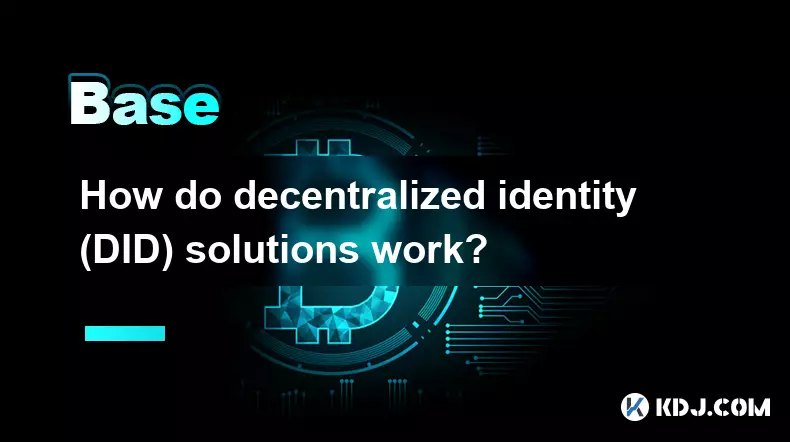
How do decentralized identity (DID) solutions work?
Oct 14,2025 at 11:36pm
Understanding Decentralized Identity in the Blockchain Ecosystem1. Decentralized identity (DID) solutions are built on blockchain networks, allowing i...
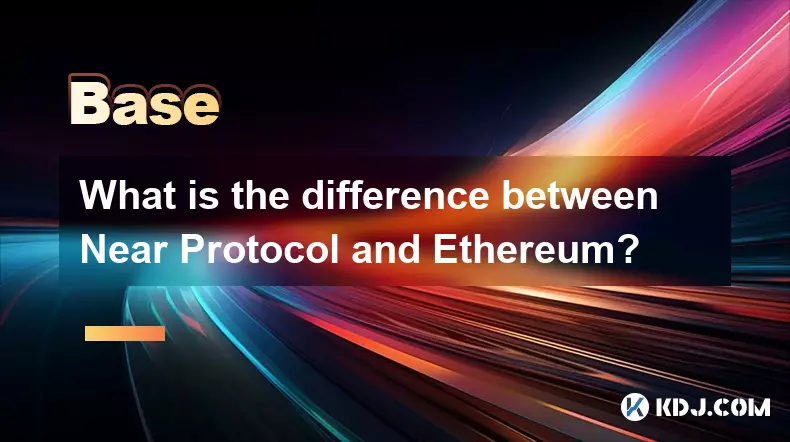
What is the difference between Near Protocol and Ethereum?
Oct 15,2025 at 08:01am
Near Protocol and Ethereum: Core Architectural Differences1. Near Protocol operates on a sharded blockchain architecture known as Nightshade, which al...
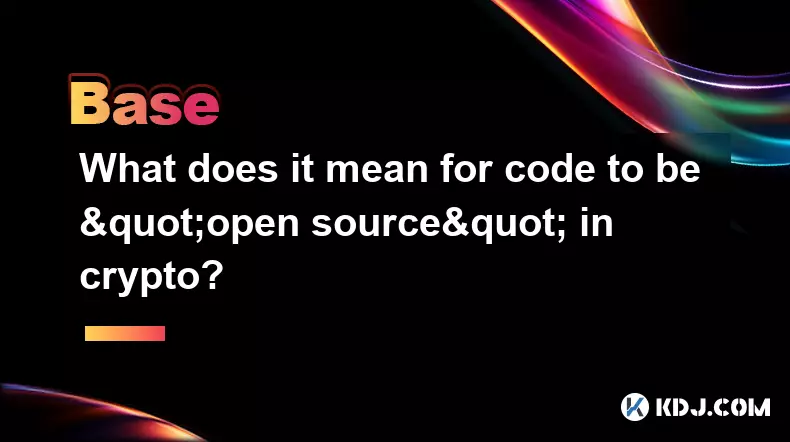
What does it mean for code to be "open source" in crypto?
Oct 12,2025 at 01:54pm
Understanding Open Source in the Cryptocurrency Ecosystem1. In the context of cryptocurrency, open source refers to software whose code is publicly ac...
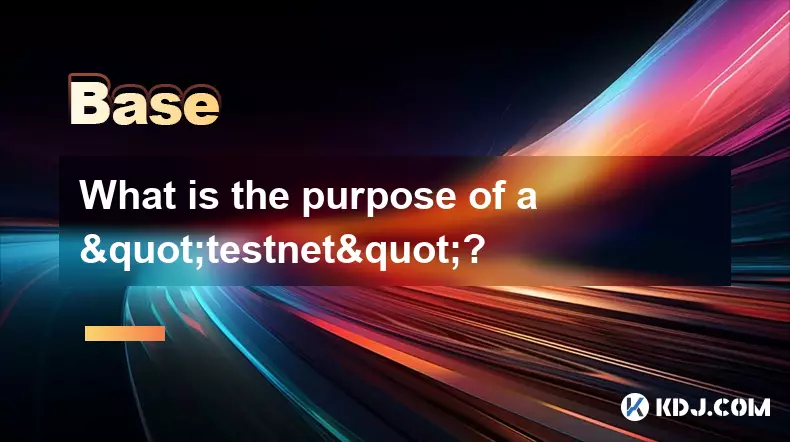
What is the purpose of a "testnet"?
Oct 12,2025 at 09:01am
Understanding the Role of Testnets in Blockchain Development1. A testnet serves as a parallel version of a blockchain network, designed specifically f...
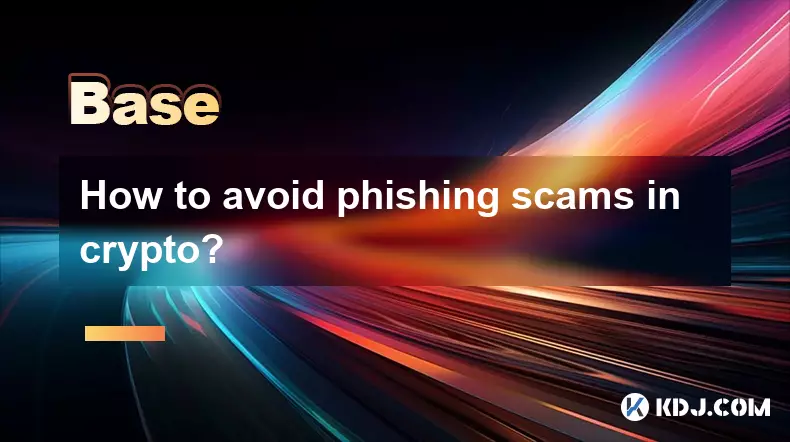
How to avoid phishing scams in crypto?
Oct 13,2025 at 06:18pm
Understanding Common Crypto Phishing Tactics1. Cybercriminals frequently use fake websites that mirror legitimate crypto exchanges or wallet platforms...
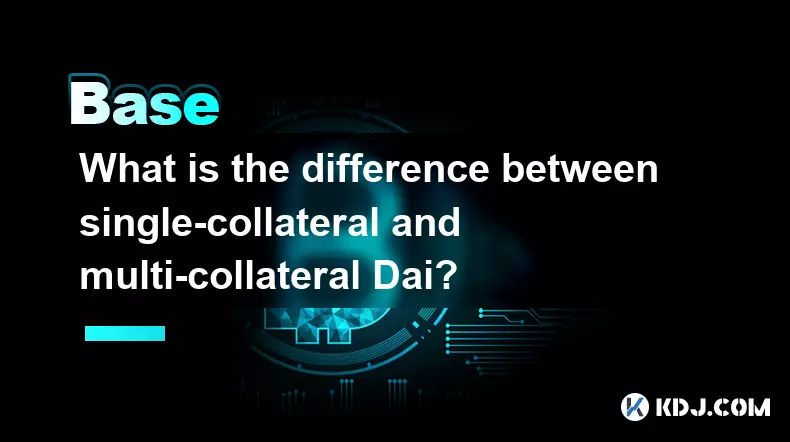
What is the difference between single-collateral and multi-collateral Dai?
Oct 12,2025 at 05:18pm
Understanding Single-Collateral Dai1. Single-Collateral Dai (SCD) was the original version of the Dai stablecoin launched by MakerDAO in 2017. It allo...

How do decentralized identity (DID) solutions work?
Oct 14,2025 at 11:36pm
Understanding Decentralized Identity in the Blockchain Ecosystem1. Decentralized identity (DID) solutions are built on blockchain networks, allowing i...

What is the difference between Near Protocol and Ethereum?
Oct 15,2025 at 08:01am
Near Protocol and Ethereum: Core Architectural Differences1. Near Protocol operates on a sharded blockchain architecture known as Nightshade, which al...

What does it mean for code to be "open source" in crypto?
Oct 12,2025 at 01:54pm
Understanding Open Source in the Cryptocurrency Ecosystem1. In the context of cryptocurrency, open source refers to software whose code is publicly ac...

What is the purpose of a "testnet"?
Oct 12,2025 at 09:01am
Understanding the Role of Testnets in Blockchain Development1. A testnet serves as a parallel version of a blockchain network, designed specifically f...

How to avoid phishing scams in crypto?
Oct 13,2025 at 06:18pm
Understanding Common Crypto Phishing Tactics1. Cybercriminals frequently use fake websites that mirror legitimate crypto exchanges or wallet platforms...

What is the difference between single-collateral and multi-collateral Dai?
Oct 12,2025 at 05:18pm
Understanding Single-Collateral Dai1. Single-Collateral Dai (SCD) was the original version of the Dai stablecoin launched by MakerDAO in 2017. It allo...
See all articles




















